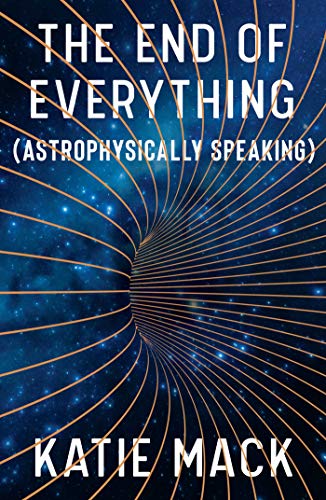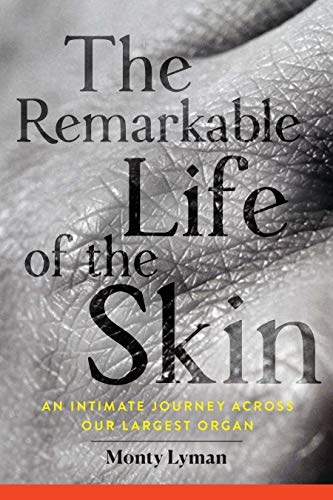The Last Stargazers: The Enduring Story of Astronomy’s Vanishing Explorers by Emily Levesque
In the very beginning of The Last Stargazers: The Enduring Story of Astronomy’s Vanishing Explorers (2020), Emily Levesque notes that “of the 7.5 billion people on our planet, fewer than fifty thousand are professional astronomers.” As the title implies, and as Levesque explains toward the end of her book, the number is perhaps more likely to shrink rather than rise. Luckily for us, Levesque is one of that select group, and so is able to fill the pages in between beginning and end with a number of entertaining stories about her own experiences,
Read More

















COMMENT Was I hinting that? I wasn't aware of it. But now that you mention it.... 🤔
So it sounds like you're hinting Fox may have had three or so different incomplete stories that he stitched together,…
It's hardly a private conversation, Becky. You're welcome to add your 2 cents anytime!
If the state of the arts puzzles you, and you wonder why so many novels are "retellings" and formulaic rework,…
I picked my copy up last week and I can't wait to finish my current book and get started! I…